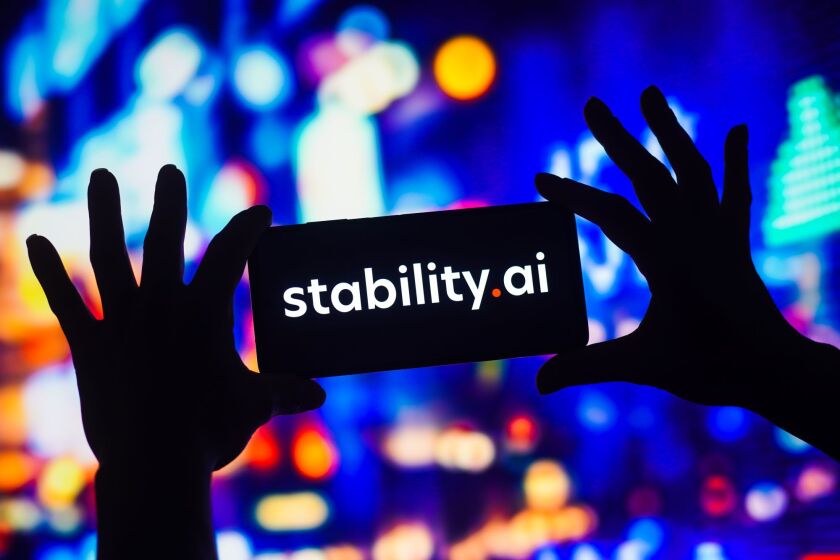The US District Court for the Northern District of California dismissed most of the claims filed by a group of artists against three generative artificial intelligence platforms in a copyright case yesterday, October 30.
Artists Sarah Anderson, Kelly McKernan, and Karla Ortiz accused Midjourney, DeviantArt, and Stability AI of infringing their artwork.
In a class-action complaint filed in January this year, the artists alleged that the platforms had taken billions of training images that had been scraped from public websites, including their own. The platforms subsequently filed a motion to dismiss the claims.
Judge William Orrick dismissed the complaint against DeviantArt and Midjourney ruling that it “was defective in numerous aspects”.
Orrick allowed Anderson to pursue a claim that Stability AI had used her works for training.
However, he dismissed McKernan and Ortiz’s claims against Stability AI because they had not registered their work with the US Copyright Office – a prerequisite for bringing an infringement action in the US.
The judge also dismissed right of publicity and unfair competition claims brought against the three platforms.
Advantage AI
Earlier this year, when various copyright infringement lawsuits were filed against generative AI platforms, counsel predicted that the biggest challenge for copyright owners would be fending off the platforms’ motions to dismiss.
In his reasoning for siding with the AI platforms, Orrick noted that the plaintiffs admitted it was likely that the platforms' images would be unlikely to match with any specific image they had created.
The artists were, however, granted leave to amend their claims, which means they can rethink their arguments.
However, Orrick said he wasn’t convinced that allegations could survive if the artists failed to prove that the generated images were substantially similar to their works.











